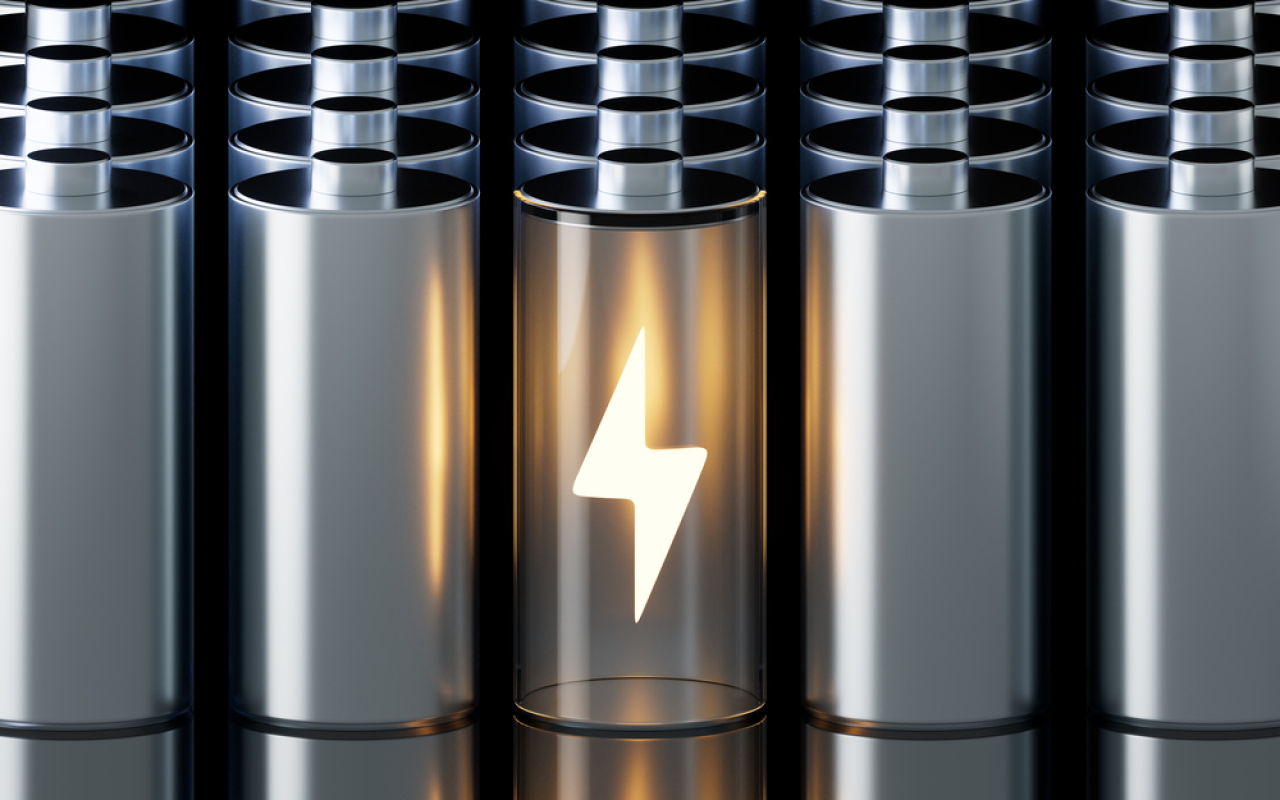Understanding Forklift Battery Needs
Forklifts are powered by a range of different types of batteries, each with its unique characteristics and maintenance requirements. The most common type used in electric forklifts is the lead-acid battery. These batteries are known for their high power output, long lifespan, and relatively low cost compared to other types of batteries for forklift trucks. However, they also have some downsides. For one thing, they require regular maintenance to keep them operating efficiently. This includes watering (to replace water lost during charging), equalizing (to ensure all cells in the battery are charged evenly), and cleaning (to remove any corrosion or buildup on the terminals). If not properly maintained, lead-acid batteries can lose capacity over time or even fail prematurely. Another type of battery commonly used in electric forklifts is lithium-ion. These batteries offer several advantages over lead-acid ones: they charge faster, last longer between charges, require less maintenance, and are more environmentally friendly since they contain fewer toxic materials. However, lithium-ion batteries tend to be more expensive than their lead-acid counterparts - at least upfront. Over time though, due to their longer lifespan and lower maintenance costs, they can end up being a more cost-effective choice. So, which type of battery is the best for your forklift? The answer depends on several factors, including the specific needs of your operation, your budget, and your sustainability goals. But regardless of which type you choose, one thing is clear: a reliable and efficient battery is essential to keep your forklift running smoothly and efficiently.
Choosing the Right Battery Traction
When it comes to choosing the right batteries for forklift trucks, there are several factors to consider. One of these is battery traction. This refers to the ability of a battery to deliver consistent power over an extended period. Battery traction is especially important in applications where the forklift has to operate continuously for long periods or carry heavy loads. In these cases, a battery with high traction will be able to maintain its performance level longer than one with low traction. There are several ways to improve battery traction. One is by using a high-quality charger that can fully charge the battery without overcharging it (which can damage the cells). Another is by maintaining proper watering levels in lead-acid batteries or ensuring lithium-ion batteries are not exposed to extreme temperatures (which can degrade their performance). Another factor to consider when choosing batteries for forklifts is their capacity. This refers to how much energy a battery can store and deliver. A higher capacity means the battery can power the forklift longer between charges - but it also means the battery will be larger and heavier, which may not be suitable for all applications. In conclusion, choosing the right batteries for your forklift requires careful consideration of various factors including their type, maintenance requirements, cost-effectiveness as well as their performance characteristics like traction and capacity.
Maximizing Efficiency with Battery Traction
When it comes to batteries for forklift trucks, the game-changer is battery traction. This innovative technology ensures a longer lifespan and higher efficiency, translating into improved productivity and reduced costs. But how does it work? Simply put, battery traction uses the energy generated during braking or descending on slopes to recharge the battery, thus extending its life. This feature makes these types of batteries for forklift particularly suitable for operations in large warehouses or sites with uneven terrain.
The market is now flooded with a variety of options when it comes to batteries for forklifts. The choice largely depends on your specific needs and operational requirements. From traditional lead-acid batteries to lithium-ion ones, each has its own set of advantages and drawbacks. However, one thing remains constant: the need for powerful solutions that can meet high-demand applications.
In conclusion, understanding the intricacies of your forklift battery needs is crucial in making an informed decision. Whether you opt for lead-acid or lithium-ion batteries, or embrace the latest advancements like battery traction - remember that a well-chosen solution can significantly boost your operational efficiency and productivity while reducing overall costs. After all, isnt that what every business strives for?





